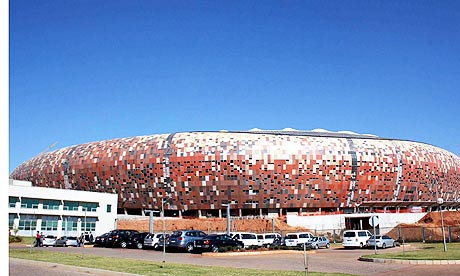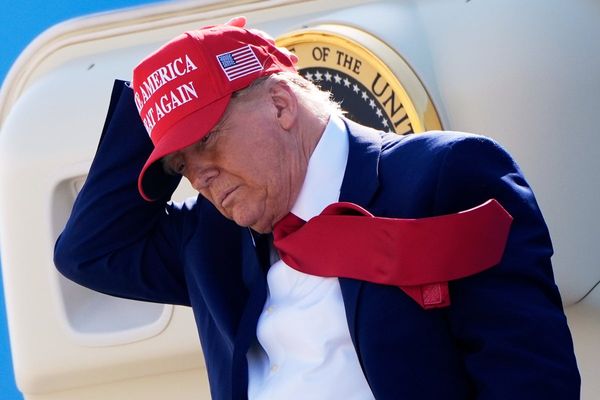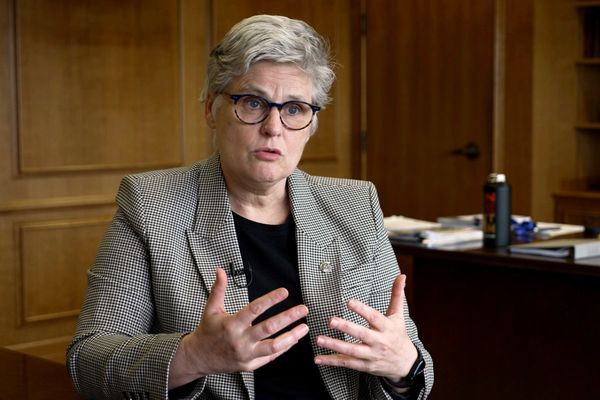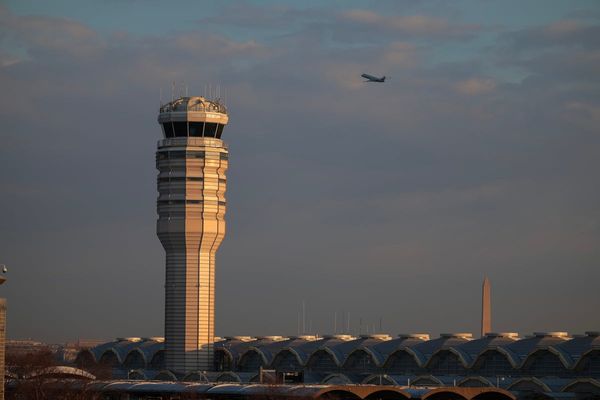
The World Cup organiser Fifa has been warned that they will struggle to fill the stadiums for next year's tournament in South Africa. With the tournament a year away, football's world governing body has announced that only 630,021 of the 3m tickets have been sold, almost half (301,601) to South Africans.
Professor Matthew Lester, a financial commentator who lectures at Rhodes University in the Eastern Cape city of Grahamstown, says: "The poorest continent in the world is hosting the biggest, most expensive sporting event there is in the middle of a recession. My worry is, who is going to pitch up?
"What will they have to charge for a ticket to get a full house? A lot of people will be travelling a long way. If you're in England it's not like going to Germany and beds in Johannesburg will be 2,000 rand [about £150] a night.
"There is also going to be a major security problem. I don't mean terrorism, which we haven't been drawn into. But there is already a security issue with crime in South Africa and there will be major problems if we have 400,000-500,000 people coming over here and going into the wrong areas."
The 2010 World Cup will see 64 matches played in nine cities and 10 stadiums in June and July. Six of the stadiums will be new – the first of them opening in Port Elizabeth on Sunday – and the other four are being revamped for the event.
At this stage the traditional worry is whether the stadiums will be completed on time. But on this occasion the real concern is how to fill them with local people, who cannot afford the prices, and long-haul fans who are worried about travel and hotel costs at a time of job insecurity.
The first of the five ticket sales phases was launched on 20 February and the Fifa spokeswoman Delia Fischer said shortly afterwards: "Within 48 hours we had 300,000 ticket applications from 130 countries and within 10 days that figure was 500,000 from 140 countries. These are very strong signs of support." But there were 20 million requests for tickets in the first sales phase before the last World Cup, in Germany in 2006.
Apart from the costs, some football supporters will be put off by the fact that South Africa has a creaky infrastructure, while the crime rate makes the country one of the most dangerous in the world. But Fischer says now: "The interest has been very good. Already the opening match, the semi-finals and the final have been sold out as well as team specific sales involving England, Brazil, Argentina, Australia, Ireland and Holland."
Lester remains sceptical, but is more optimistic about the infrastructure. "Look, there are two sides to this. The government is spending 40bn rand on this project – that's half the medical budget – including 11bn on transport and another 11bn on stadiums. Meanwhile, seven million are dying of Aids, for which the budget is 600,000 rand.
"But on the other hand the whole thing is helping this country keep afloat in very difficult times. There is a lot of activity out there, a lot of people are employed in making sure that this thing works. And a lot is being done to improve the infrastructure of the country which should have been done years ago. Keynes [the economist John Maynard Keynes] would have said that this is a good way to go. But I am worried about who will pitch up for the matches."
Experts in this country are guardedly optimistic about the likely success of next year's World Cup. Tim Crow, chief executive of the sponsors' consultancy Synergy, says: "We have seen empty stadiums in recent cricket and football World Cups and there are always ticketing problems. But I hope and believe next year will be a great success. Fifa is a slick operation. South Africa is a sports-mad country with a huge passion for football and I'm sure there will be some enlightened ticket pricing."
Mike Lee, formerly with Uefa and now the chief executive of the consultancy Vero, says: "I think there will be a good chance to test out the country's infrastructure in the Confederations Cup between South Africa, Brazil, Egypt, New Zealand, Spain, USA, Iraq and Italy this month. We've seen from the Lions tour in South Africa that things will not be straightforward. But the World Cup has a truly global reach and I'm sure there will be flexibility with ticket pricing."
There is. Fischer says: "For local people there will be exclusive category four tickets available for 140 rand [£10]. And those people who can't go online can apply for tickets through the First National Bank."
But according to one report, the number of visitors could be down by a half on the anticipated 500,000 because of the recession. Kevin Miles, spokesman for England's Football Supporters' Federation, says: "The number of fans travelling from England will be well down on Germany for a number of factors. For Germany we had between 70,000-100,000 going over for each match. In South Africa I reckon we will have between 15,000-20,000 for the entire tournament. That's my educated guess.
"People don't really know whether they will have a job in a year's time. They will be asking themselves whether they can afford a trip to South Africa. Then there are the high levels of crime to worry about.
"It's totally different from Germany, where supporters could go to and fro, maybe getting together in a pub and hiring a mini-bus for a day or two. We won't get much commuting to South Africa. They will be making one trip, maybe combining it with a holiday to see other parts of the country. But remember, it will be winter in South Africa and less appealing from a holiday point of view."
How It Works
The World Cup will kick off on 11 June next year, with the final played in Johannesburg on 11 July. It will be staged in nine centres: Johannesburg, Cape Town, Durban, Mangaung/Bloemfontein, Nelson Mandela Bay/Port Elizabeth, Nelspruit, Polokwane, Rustenburg and Tshwane/Pretoria. There are two stadiums in Johannesburg, Soccer City – the tournament's flagship venue – and Ellis Park, with its strong sporting traditions. There will be 32 teams in eight groups of four and 64 matches will be played.
Tickets will be sold in four categories and prices will range from $900 for the final down to $80 for category-three group matches. The £10 category-four seats are available only to South Africans.
The first sales phase started on 20 February and ran until 31 March. There was a random selection draw for all over-subscribed matches or team-specific tickets. The first random selection draw took place on 15 April.
The process has moved to a first-come-first-served basis for the second phase (4 May to 16 November). The third phase (5 December to 22 January 2010) will be the same as phase one, with a random selection draw on 1 February. The fourth phase (9 February to 7 April) will be on a first-come-first-served basis. There will be a final, last-minute phase, again on a first-come-first-served basis, from 15 April to 11 July.







